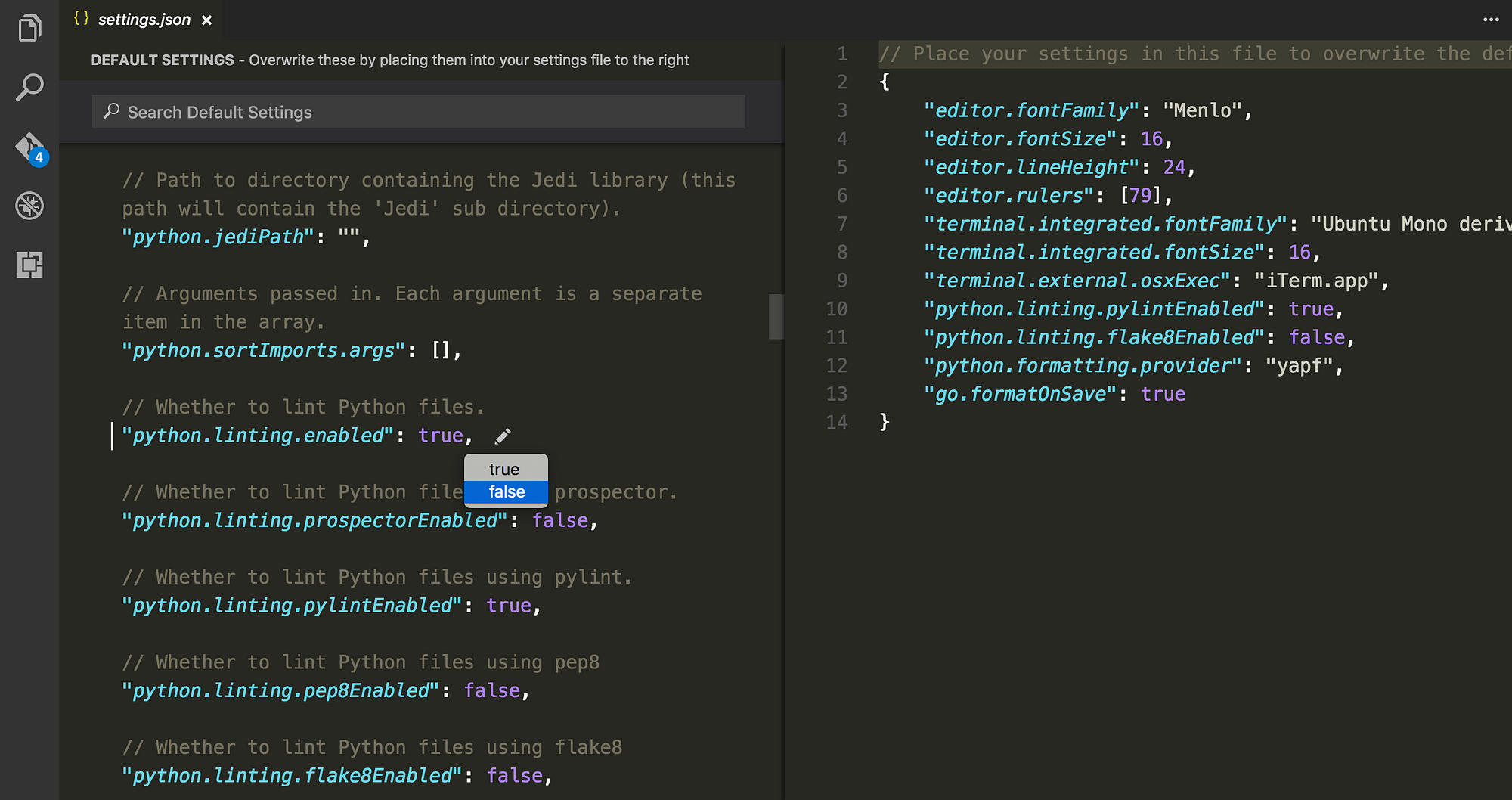

"We want to invest in our core bets over the coming years, and that means focusing on enhancing the developer experience in the cloud," a GitHub spokesperson told The Register in an email.

That relationship has now followed a paradigm Microsoft made famous: embrace, extend, extinguish, though the sunsetting of Atom looks more like pushing dead weight out of a cloud-bound balloon rather than a strategically advantageous hit.
Communication around Heroku security incident dubbed 'train wreck'Ītom dates back to 2011 at GitHub and by 2015 when the Atom shell – a separate component for integrating with Chromium, Node.js, and native APIs – was renamed Electron (a cross-platform app framework based on web tech), Microsoft began working with GitHub on Atom and Electron and what would become Visual Studio Code. GitHub to require two-factor authentication for code contributors by late 2023. GitLab spots huge opportunity for DevOps platform as revenue soars. China's GitHub clone makes all repos private pending mysterious 'review'. During this period community involvement has declined and the business of locally installed software now looks less attractive than the potential recurring revenue, vendor lock-in, and information gathering enabled by cloud-based apps. 
According to GitHub, the project hasn't had significant feature development for several years, apart from maintenance and security updates. "So we will continue to develop and support both Atom and VS Code going forward."Īfter four years of going forward, Atom has come to a standstill.







 0 kommentar(er)
0 kommentar(er)
